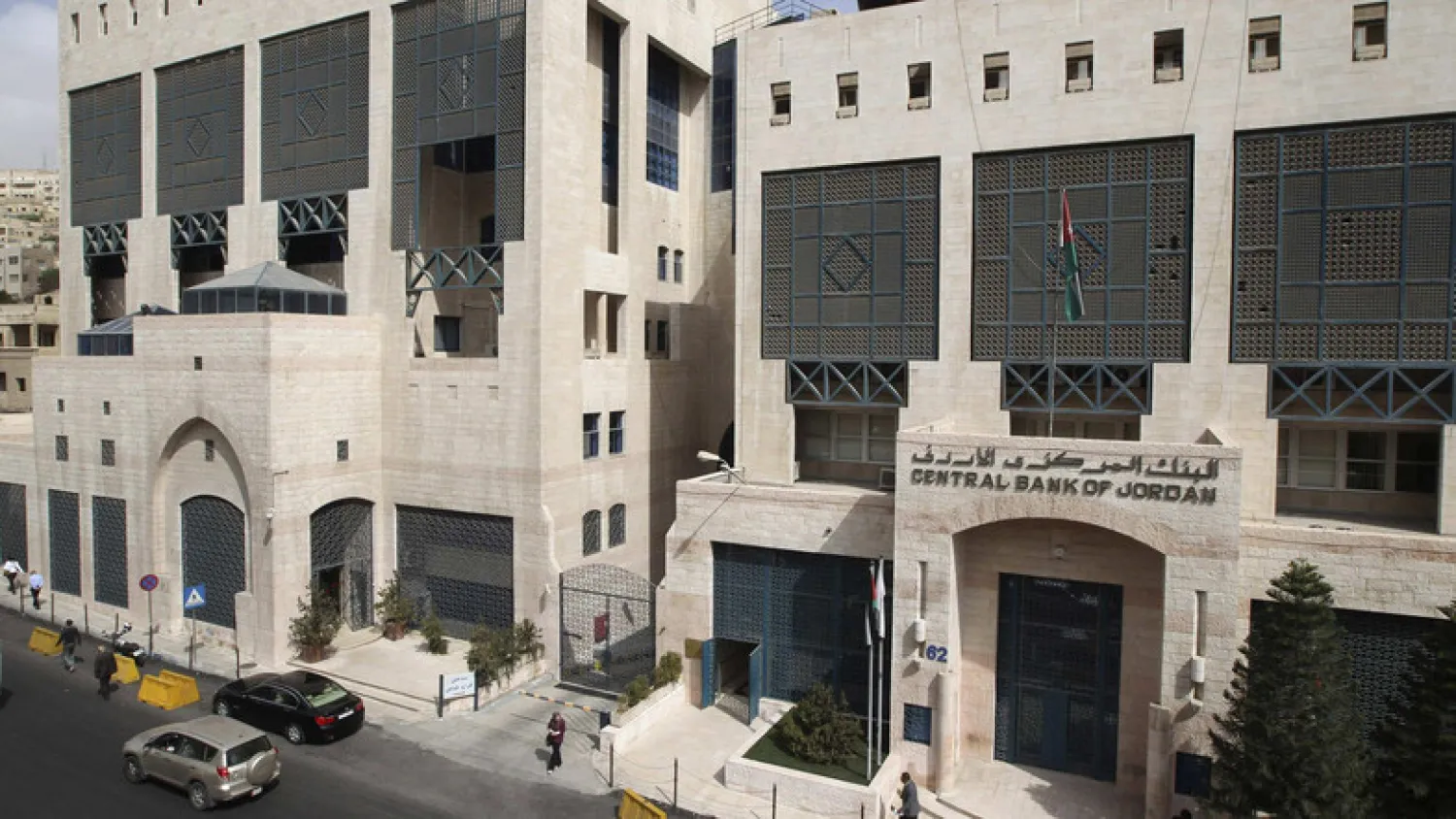A petition signed by a group of Jordanian lawmakers on Wednesday called for excluding Israelis from a recent decision to grant the nationality to individuals who invest in the country under certain conditions.
The 18 MPs submitted the petition to Prime Minister Hani al-Mulki, demanding the government review its recent decision to grant the nationality or permanent residency to investors so that Israeli business people don’t benefit from it.
On Monday, the Jordanian government announced that it will grant the citizenship or permanent residency to some 500 investors a year in order to attract investment.
Earlier, Minister of Industry, Trade and Supply Yarub al-Qudah announced during a press conference the details of the decision, explaining that the criteria will be applied to 500 cases annually after security clearance and checks on financial adequacy.
Qudah added that if there are more than 500 demands for citizenship, then the government will consider each case separately and decide on exceeding the limit.
"Setting the limit to 500 applicants is a message to everyone who is afraid. We do not want this decision to go to political interpretations,” added Qudah.
He indicated that investors who are already residing in Jordan can also benefit under the new terms and conditions, stressing that the step aims at stimulating the investment environment, enhancing the national economy and providing jobs.
Investors can apply for the nationality or the permanent residence immediately, after meeting a number of conditions.
The investor must deposit $1.5 million at the Central Bank of Jordan (CBJ), over a five year period with zero-interest, or buy treasury bonds for the same amount at an interest rate to be decided by CBJ and for a period not less than 10 years.
Another option for the investor is to buy stocks in an active investment for $1.5 million and invest $1 million in SMEs for five years at least.
The applicant can also invest $2 million in any location in the country, or $1.5 million if the project is registered in any governorate other than Amman, provided such a project creates at least 20 job opportunities and remains operational for at least three years.
To obtain permanent residency, any non-Jordanian can buy a property worth no less than 200,000 Jordanian Dirhams, depending on the assessment of the Lands and Survey Department, for 10 years without selling the property in question.
Based on the above conditions, any investor who obtains the nationality or permanent residency, will have the right to obtain a similar status for his wife, unmarried, widowed or divorced daughters, sons who are below 18-years-old and parents if the investor was the sole provider.
Jordan’s economy has been severely affected by the conflict in Iraq and Syria with public debt reaching $35 billion.









